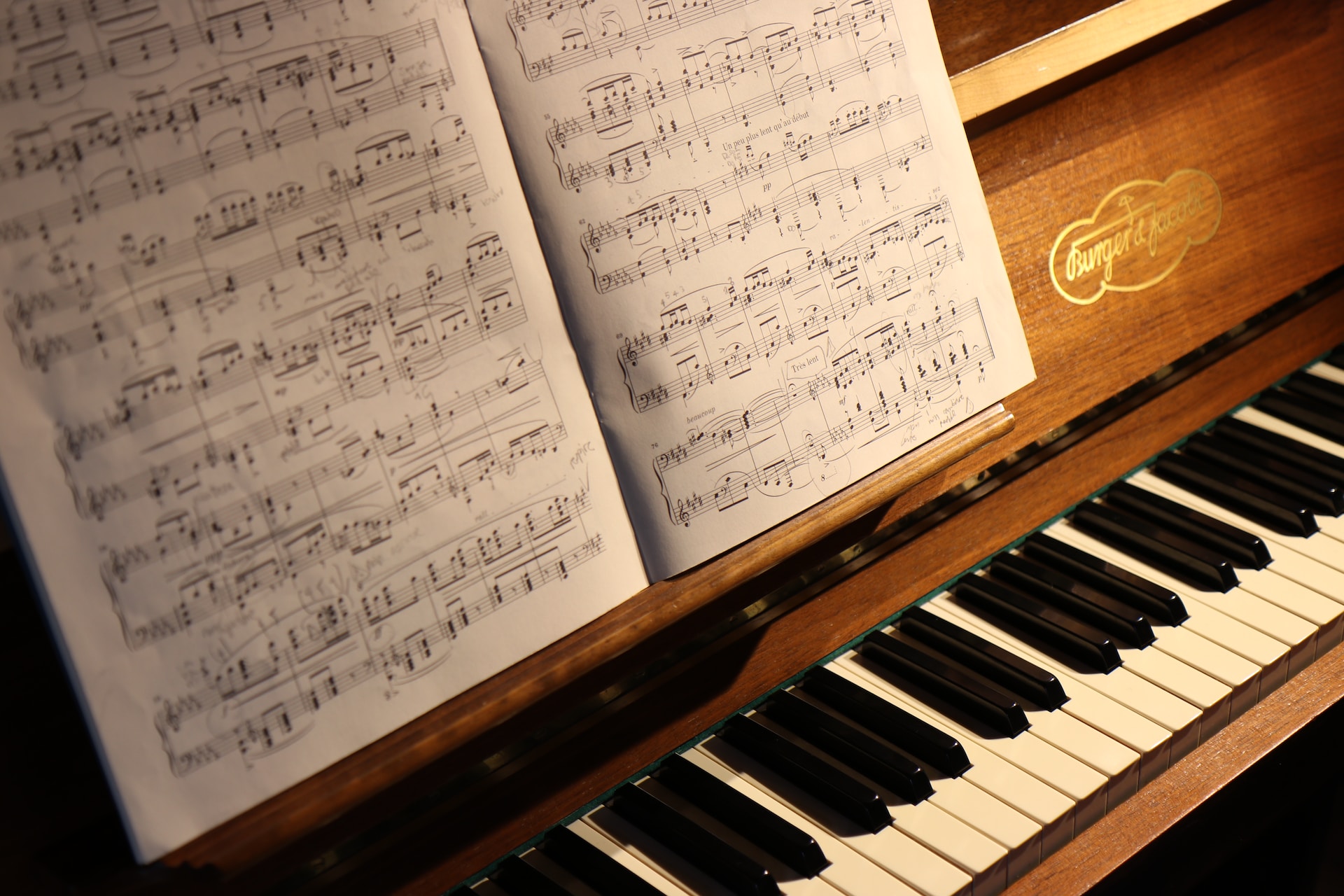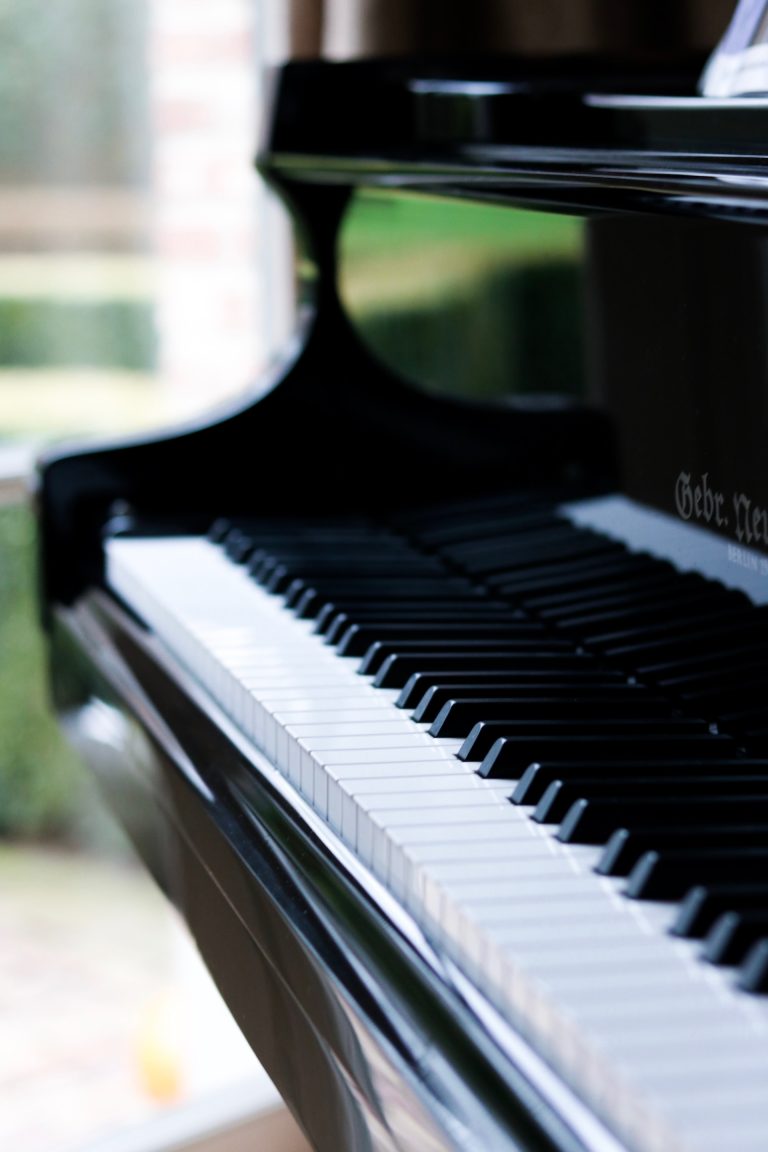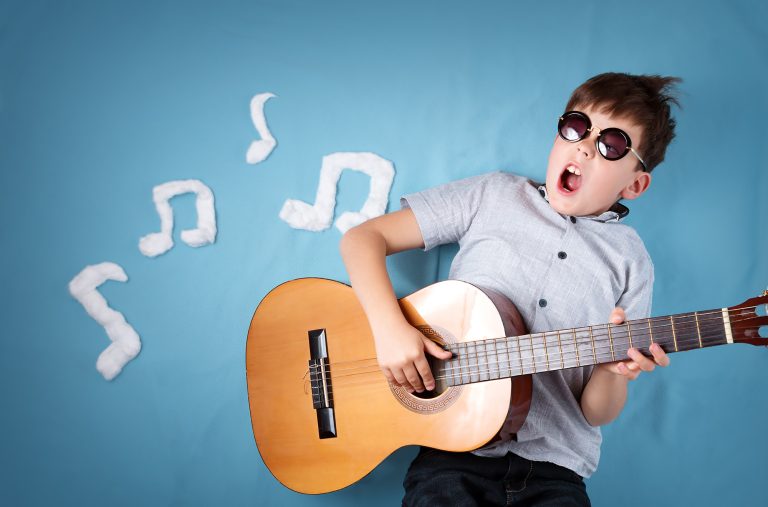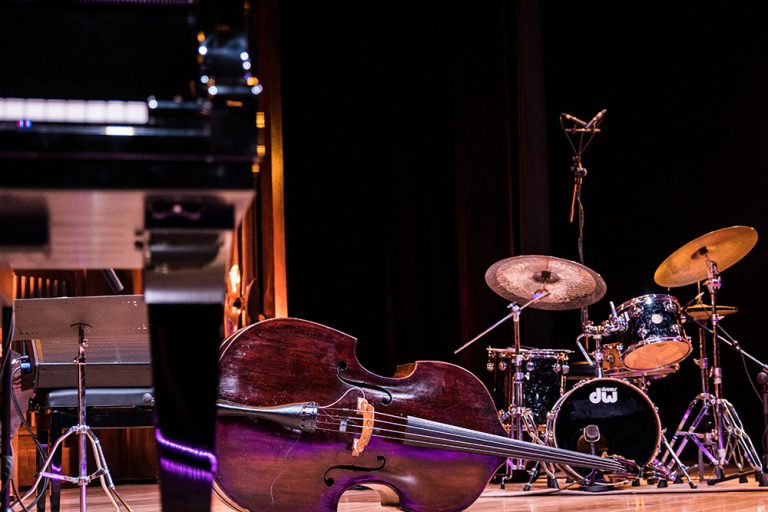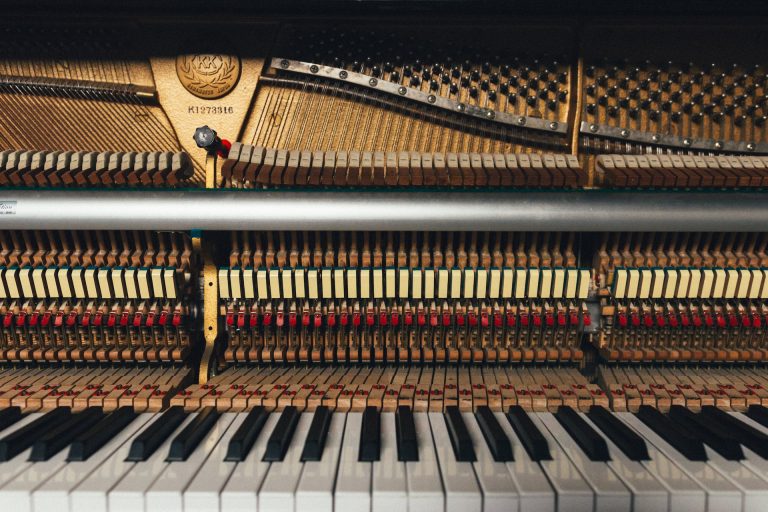One of the most important steps on your musical journey will be to choose the right piano teacher. Oftentimes, people do not realize what questions to ask a potential teacher. There are many kinds and types of piano teachers out there. Depending upon what you would like to learn.
Where can I find a piano teacher?
When you begin your search for a teacher there are many places you can find them. In the past, word of mouth was usually how a teacher was discovered. In today’s modern world, there are many more ways to find a teacher. A great place to start would be to do an internet search. Search Piano Lessons and the name of your city and you will discover many teachers. You can also call your local Music Teachers Association. Music teachers Associations are in most states if you search it online or in a local phone directory. The Music Teachers National Association can also offer many suggestions. You can also check your local phone directory for any music studios in your area. Many music stores have in-store teachers. Churches and schools and universities will often have names of teachers in the area. There are several online sites such as Lesson Maestro, Thumbtack, Piano Teachers Directory and Betterfly to name a few that advertise for teachers.
Information Gathering
Once you have located a source you will need to decide what type of instructor you need. Many people assume there is only one kind of instructor when in fact there are many.
- First, consider the students age. Some teachers specialize in teaching a specific age group.
- Consider the students previous musical background (if any.) Many only take specific levels of students. If you have a beginner be sure to find one who will take a beginner. If the student is advanced, be sure to find someone who takes advanced students.
- If the student has played before, be sure you know what books they last used and what level the previous instructor ranked them.
- What kind of instructor will be needed? Would the student like someone who can teach the basics in a standard format? Would they like to learn how to read chord symbols, or to play by ear? Some instructors will only teach in a traditional format. If you want to play rock and Roll songs, a traditional instructor may not be the best fit. Be sure to list your ideas of what you want to learn. This will help in the discovery of the perfect fit.
- Where does the student want to go with their music? Dreaming of becoming a performer, church musician, rock star, or planning on a music major? This also needs to be addressed if you are planning on a more serious music role. When discussing this with potential candidates be sure to mention where you want this to lead. You may be surprised at the response you receive. It is always good to clarify your needs and desires.
Some questions to ask a potential teacher:
- Do you perform? Often, teachers do not practice what they teach. Be sure you have an instructor who can live up to your expectations.
- Do they teach Music Theory? Music theory is a vital part to learning an instrument. it helps you to understand what and how to make music.
- Do they have Piano recitals? While piano recitals are an important part of music-if you do not plan on participating in such an event be sure to let them know. Many have a policy that all students participate.
- What other performance programs do they use? Do they offer performances other than recitals?
- Do they offer State and/or National testing programs? If so, are they mandatory?
- Do they offer composition, sight-reading, technique and ear training? These are all tools for a well rounded musical education.
- Is current technology used? There are many amazing programs available to make the experience even more exciting. If you are comfortable with using technology you might want a someone who utilizes these programs.
- If the student has a digital piano-will the instructor take them as a student or do they need a traditional piano? Many will not accept a student who doesn’t have an acoustic piano. If they do accept students with digital pianos. Ask them how many keys the piano must have and what key size do they require?
- Do they have any sorts of incentive programs to motivate students? This will be a vital question in regards to younger students. Younger students always do well in the beginning but as interest wanes-student programs will be important.
- How much practice time do they require? Many have a specific number of minutes per day requirement. Ask them about practice requirements.
- Although this list has several relevant questions to ask- to make it your own. Add whatever other questions you feel relevant. Most teachers will also have a studio policy. The policy is a teachers statement of studio rules. It is a very important part of the lesson and is meant to protect teacher and student alike. Read the policy before you sign it. Once you have agreed to the teacher’s policy please respect it.
One of the most vital aspect of a student’s lessons will be dedication. If a student is dedicated enough- they can achieve anything!

